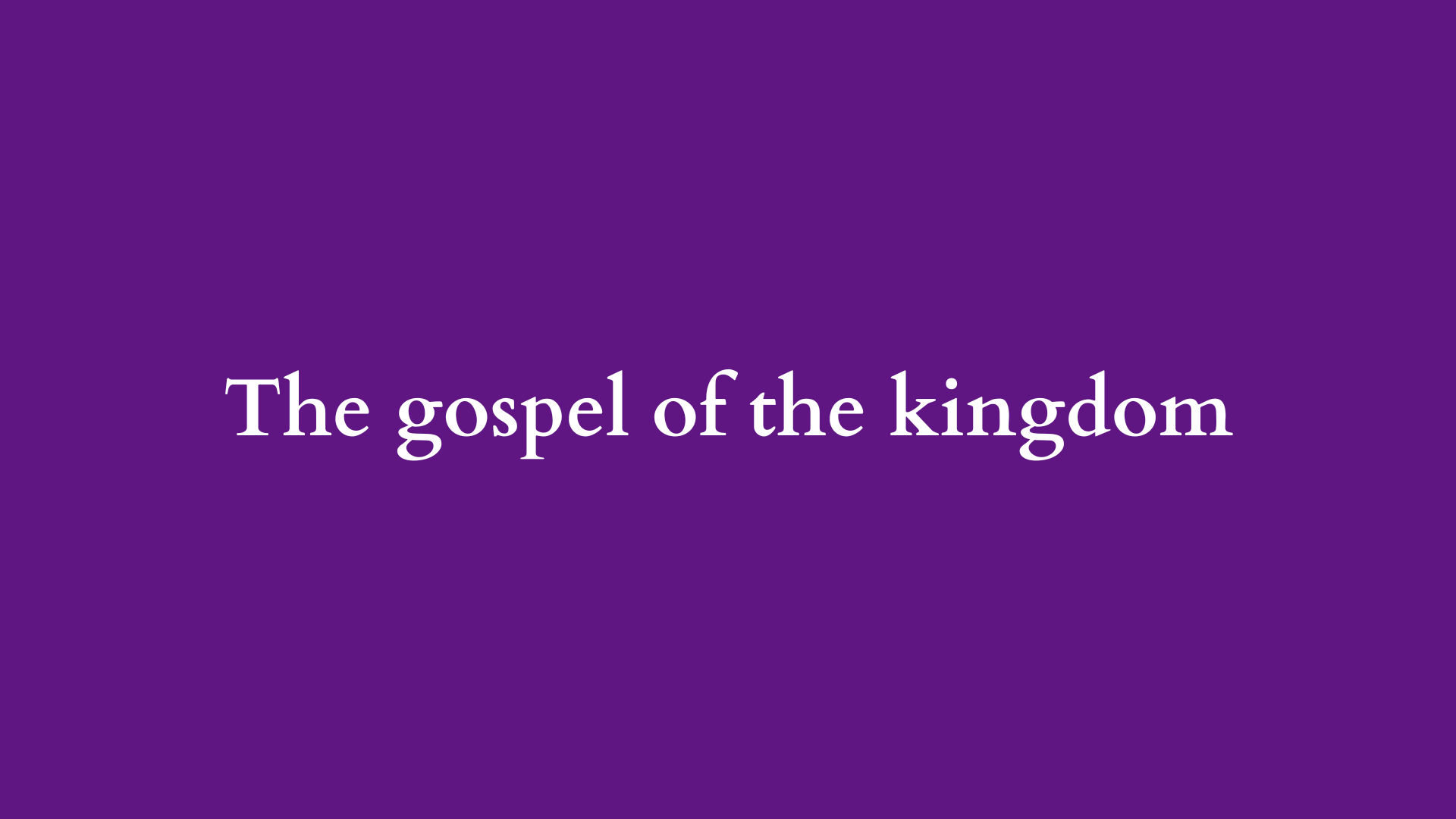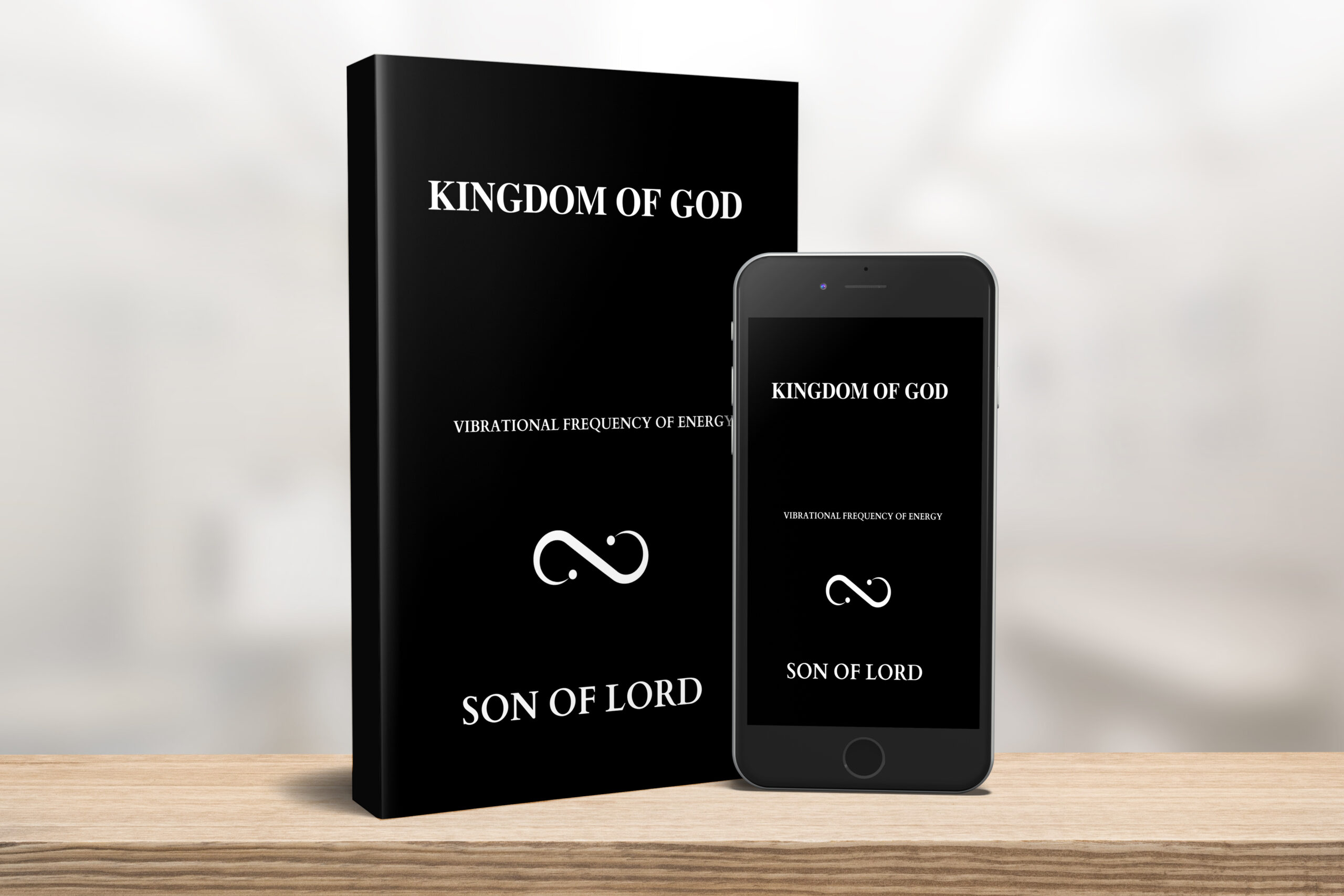The Gospel of the Kingdom: An In-Depth Exploration
The term “gospel” is derived from the Old English word “god-spell,” which translates to “good news.” In a theological context, the gospel generally refers to the message of salvation and the teachings of Jesus Christ. However, the phrase “Gospel of the Kingdom” encapsulates a more comprehensive and transformative understanding of Jesus’ message, encompassing not just individual salvation but the announcement of God’s reign on earth. This blog post delves into the intricacies of the Gospel of the Kingdom, its biblical foundations, theological implications, and its relevance to contemporary society.

1. Biblical Foundations
The Gospel of the Kingdom is intrinsically tied to the teachings of Jesus Christ throughout the synoptic gospels: Matthew, Mark, and Luke. Each of these texts presents the kingdom of God as both a present reality and a future hope.
1.1. The Proclamation of the Kingdom:
In the Gospel of Matthew, Jesus begins His ministry by declaring, “Repent, for the kingdom of heaven has come near” (Matthew 4:17). In this proclamation, Jesus invites the people to turn away from their previous lives and embrace an alternative way of living that aligns with God’s will. The kingdom is not merely a geographical location but an active reign of God characterized by peace, justice, and righteousness.
1.2. Parables as a Teaching Tool:
Jesus often employed parables to illustrate the nature of the kingdom. For instance, the Parable of the Mustard Seed (Matthew 13:31-32) emphasizes the unexpected and transformative growth of the kingdom from seemingly insignificant beginnings. The Parable of the Lost Sheep (Matthew 18:12-14) embodies the compassionate heart of the kingdom, highlighting God’s relentless pursuit of each individual.
1.3. Signs of the Kingdom:
Throughout His ministry, Jesus performed miracles—healing the sick, raising the dead, and exorcising demons—which served as signs of the breaking in of God’s kingdom. These acts not only demonstrated His authority but also affirmed the kingdom’s ethical and eschatological dimensions. In Luke 4:18-19, Jesus cites Isaiah, declaring His mission as one of liberation and restoration, encapsulating the core activities of the Gospel of the Kingdom.

2. Theological Implications
The Gospel of the Kingdom is rich with theological significance, influencing Christology, soteriology, and eschatology.
2.1. Christology:
Understanding Jesus as the Messiah is pivotal in grasping the Gospel of the Kingdom. Jesus’ identity as God’s Son and the rightful king underscores the in-breaking of the kingdom. His life, death, and resurrection represent the ultimate demonstration of God’s authority over sin and death, thus establishing the kingdom in a profound way.
2.2. Soteriology:
The Gospel of the Kingdom invites a comprehensive vision of salvation. Salvation is not solely about personal redemption but is inclusive of social justice, healing, and reconciliation. The kingdom calls for a radical transformation of individuals and communities, urging believers to live out the values of the kingdom in their societal contexts.
2.3. Eschatology:
The kingdom is both an already established reality and a future hope. The inaugurated eschatology signifies that while the kingdom is present through Christ’s ministry, its fullness awaits ultimate realization in the second coming of Christ. The hope of Christ’s return and the full manifestation of God’s reign motivate believers to live in anticipation and active engagement in the world.
3. The Relevance of the Gospel of the Kingdom Today
In modern society, the message of the Gospel of the Kingdom retains its urgent relevance. The world is rife with division, injustice, and suffering, making the call to embody the kingdom’s values all the more pressing.
3.1. Social Justice:
The pursuit of justice is a significant aspect of the Gospel of the Kingdom. Christians are challenged to advocate for the marginalized, push for systemic reforms, and address the root causes of social inequities. The Beatitudes (Matthew 5:1-12) serve as a manifesto for kingdom living, offering blessings not in worldly terms but through the lens of God’s economy.
3.2. Community Engagement:
The communal nature of the kingdom emphasizes the importance of relationships. The church, as the body of Christ, is called to model love and unity, bridging divides and fostering reconciliation. Acts of service, hospitality, and mercy reflect the heart of the kingdom and serve as a witness to a watching world.
3.3. Holistic Transformation:
Living out the Gospel of the Kingdom means embracing a holistic approach to life that integrates faith, work, and social responsibility. It calls believers to embody the kingdom values in every sphere of life, transforming culture, politics, and community life.
Conclusion
The Gospel of the Kingdom is more than a mere religious concept; it is a dynamic invitation to participate in God’s redemptive story. It challenges believers to embody the values of the kingdom through love, justice, and mercy. As we navigate the complexities of our world, the proclamation of the kingdom remains a beacon of hope, urging us toward a greater vision of what it means to live under the reign of God. Whether in individual lives or communal contexts, the Gospel of the Kingdom continues to resonate, urging all into a transformative journey of faith and action. In doing so, we bear witness to the good news that God’s kingdom is here and now, breaking through in real and tangible ways.






